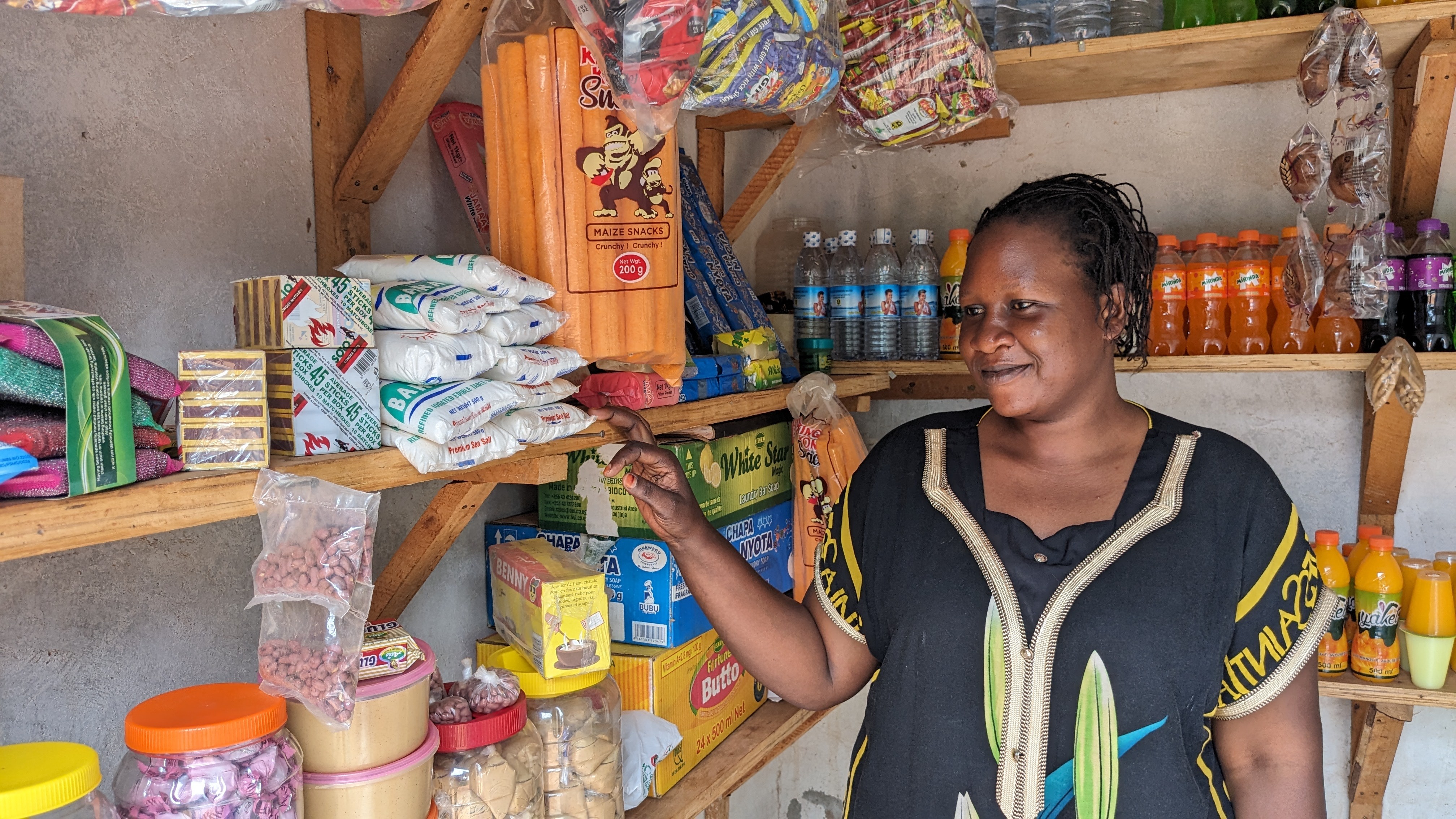This week our own Paul Niehaus spoke on French radio about basic income and mobile technology in Kenya. “Kenya is already known as a leader in new technology to use to distribute its social benefits,” he said. In other news, Taylor Mayol in OZY cited GiveDirectly’s cash programs as a possible model for fighting poverty in the United States. In Humanosphere, Tom Murphy covered ODI’s sweeping review of cash transfer studies and what they found.
GIVEDIRECTLY IN THE NEWS AND BLOGS
1. The Solution to American Poverty Comes from Africa
OZY, Taylor Mayol, August 14, 2016
With $1,000, the rough equivalent to a year’s income, the 36-year-old mother chose to buy two goats, 20 sheets of iron, blankets and a mattress — and also paid workers to build her a house. It’s now her “proudest achievement.”
2. Social Form 2016: vers un Revenu de Base Généralisé en Afrique
RFI, Gaëlle Laleix, August 12, 2016
The basic income is an amount paid by a political community to all its members, throughout their lives, unconditionally, or consideration. The African continent is pretty pioneer in this field as one of the most enduring experiences of basic income was conducted in Namibia.
3. Money for nothing: Are we ready for Universal Basic Income?
Workable, Daniel Howden, July 28, 2016
The idea was to find the poorest people on earth and see what would happen when you gave them money for nothing. When you do this in the developing world it’s called an unconditional cash transfer. It’s an approach that has been pioneered by a charity called GiveDirectly.
CASH TRANSFER NEWS
4. More Evidence That Giving People Money Does Not Discourage Work
Humanosphere, Tom Murphy, August 11, 2016
The Chinese proverb that it is better to teach a man to fish than give a man a fish is not quite true when the fish is replaced with cash. A new analysis of 56 programs and 165 studies in 30 countries shows that giving people money is effective and does not discourage work. It builds on the growing evidence that cash just might be king when it comes to the fight against poverty.
5. An education policy endorsed by President Obama and Hillary Clinton just got decimated
Business Insider, Chris Weller, August 11, 2016
“The impact of a few thousand dollars when you’re down struggling at the margin can be much bigger than the difference between going from a comfortable existence to a more cushy existence.”
6. Why Countries Need Better Social Protection Programs — Rich or Not
Devex, Lean Alfred Santos, August 9, 2016
Countries don’t need to be wealthy and developed to implement an effective and stable social protection program that fits the needs of citizens.
EFFECTIVE ALTRUISM
7. Things I learned about being more effective at Effective Altruism Global 2016
Mark Bao, August 10, 2016
I went to Effective Altruism Global 2016 this past weekend in Berkeley, CA, and came away with a lot of great thoughts from the sessions and talking with folks. Since it was my first EA Global, I went to a good number of sessions. Here are my key take-aways – you can also read my raw notes from some of the sessions.
BASIC INCOME
8. Justin Trudeau Could Be “The Secret Weapon For Universal Basic Income”
Buzzfeed News, Cora Lewis, August 11, 2016
The idea of a universal basic income — essentially a minimum salary paid to everyone, whether or not they are working — has been around for generations, but has enjoyed a new burst of attention in recent years as technology eats away at full-time jobs. And Justin Trudeau could be just the man to make it go mainstream in the U.S., said former union leader Andy Stern.
9. In the Future, We Could All Get Free Money from the Government — Here’s When it Might Happen
Business Insider, Chris Weller, August 11, 2016
Over the last year, a form of wealth distribution known as basic income has caught the attention of politicians and leaders around the world
10. The Case For Universal Basic Income
Kera News, Samantha Guzman, August 8, 2016
Donald Trump and Hillary Clinton have got different ideas about how to help American workers, yet there’s one idea neither of them has mentioned to date – a universal basic income. Today on Think, Krys Boyd talked about the idea with Andy Stern, a senior fellow at Columbia University.

